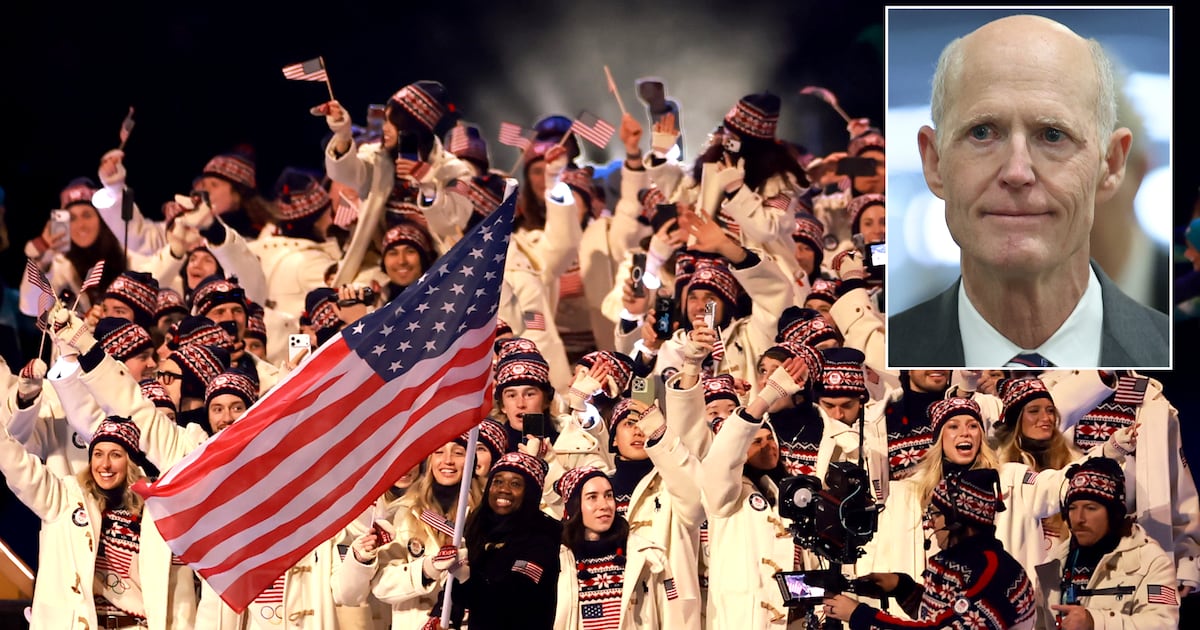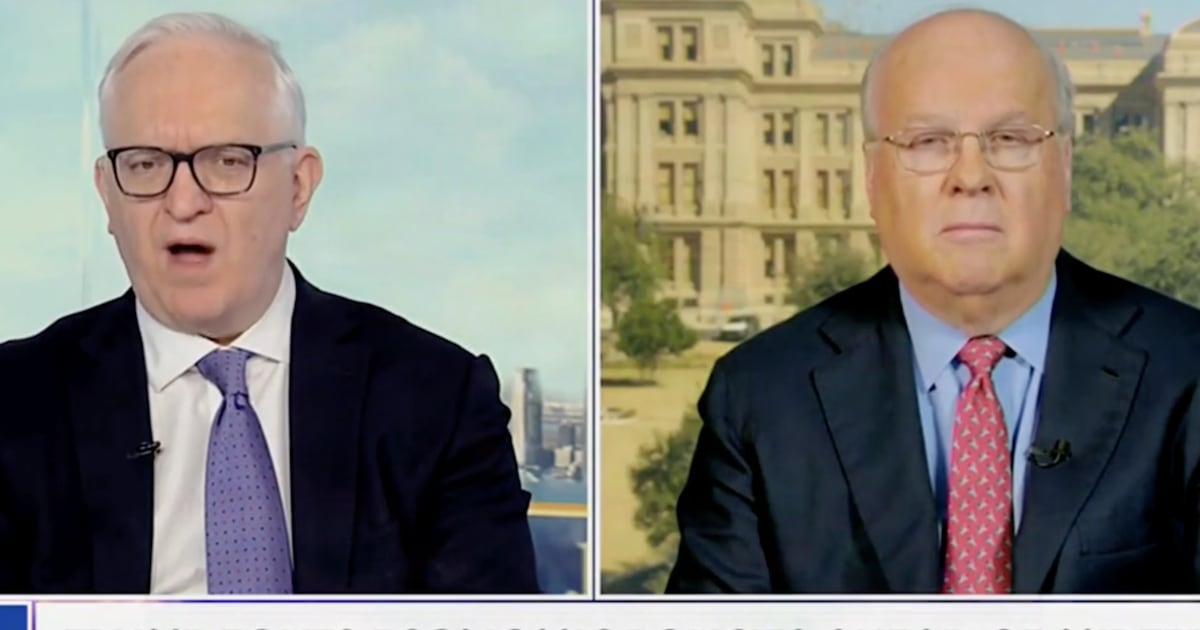Patricia Arquette made an impassioned plea for women’s rights and wage equality during her Oscars acceptance speech Sunday night. Her rousing words prompted a “#YesAllWomen” moment from Meryl Streep and Jennifer Lopez, who were seated next to each other and whooped in raucous applause.
Arquette, who won Best Supporting Actress for her demanding performance and immersive role as a mother in Boyhood, thanked “every woman who gave birth to every taxpayer and citizen of this nation” who has “fought for everyone else’s equal rights.”
“It’s our time to have wage equality once and for all,” she continued, “and equal rights for women in the United States of America.”
It was an early, passionate moment in what had thus far been a sleepy awards show in an evening that proved to be very political. The Internet and feminists everywhere rejoiced at Arquette’s moving speech—and then quickly turned against her.
Within an hour, The New Republic’s Elizabeth Stoker Bruenig had extrapolated a hidden political agenda from every word of Arquette’s speech.
Her shout-out to mothers—a banal, straightforward message echoing the “behind every great man is a greater woman” trope—was deemed reductionist by Bruenig, who turned up her nose at Arquette’s evoking “old-fashioned reactionary visions of Republican Motherhood.”
Bruenig dished out more contempt over Arquette’s use of the word “taxpayer,” which she found “rather unsavory (and typically right wing) habit that advances the notion people are worth what they pay in taxes.”
Sure, the final impassioned words of Arquette’s speech were the hurried mutterings of a Hollywood star. But the message was a positive one: equality for women! And yet that wasn’t enough for some feminist pundits, who took offense that Arquette didn’t hit every political note perfectly, in a way that reflects modern feminist argument.
But why must a brief speech about women’s rights be parsed to death? Was Arquette’s speech really “unsavory” because she failed to target all the on-point feminist erogenous zones?
Arquette didn’t win any more points when she elaborated on her speech during a press conference backstage. Women remained the focal point: She stressed that “even though we sort of feel we have equal rights for women,” we still have a long way to go.
“And it’s time for all the women in America—and all the men that love women and all the gay people and all the people of color that we’ve all fought for—to fight for us now.”
More word parsing: The Frisky called it “tone deaf,” while Fusion rushed to decry Arquette’s “feminist whitesplaining” because she failed to clearly articulate “a basic fact: LGBT people and people of color are, in fact, women too.”
Surely this is a low point for punditry. It is certainly symptomatic of the usual shrill condemnation that awaits anyone who doesn’t stick to the received feminist script and also fails to include every other minority-within-a-minority concern in their speeches.
By Monday afternoon, Arquette responded to the criticism herself, modifying the message of her speech to be more inclusive: “Wage equality will help ALL women of all races in America. It will help their children and society,” she tweeted.
That she had to write that tweet is somewhat depressing. Hers was a sensible, plainly worded speech. Nowhere did she imply that she was not fighting for equality for everyone.
The anger directed at Arquette is, in some sense, understandable—there are far too few speeches that present these issues to a mass audience in the way Arquette’s did at the Oscars. But feminism is about accepting and celebrating a range of women’s voices, even when they don’t say exactly what you want them to say.
Think about the foundation of Arquette’s sentiments: What she said was vitally political, and a rallying call for equality.
There is perhaps a dark irony that the left-wing critique of what Arquette’s speech lacked dovetailed neatly with the right-wing scorn she also received. Clueless star Stacey Dash weighed in on Fox & Friends that Arquette “needs to do her history. In 1963, [President] Kennedy passed an equal pay wall. It’s still in effect. I didn’t get the memo that I didn’t have any rights.”
And so an important feminist message, passionately voiced to an audience of millions, finds itself the-morning-after mired in whingeing and selective parsing. One hopes Arquette’s words will, in the long term, resound louder.





